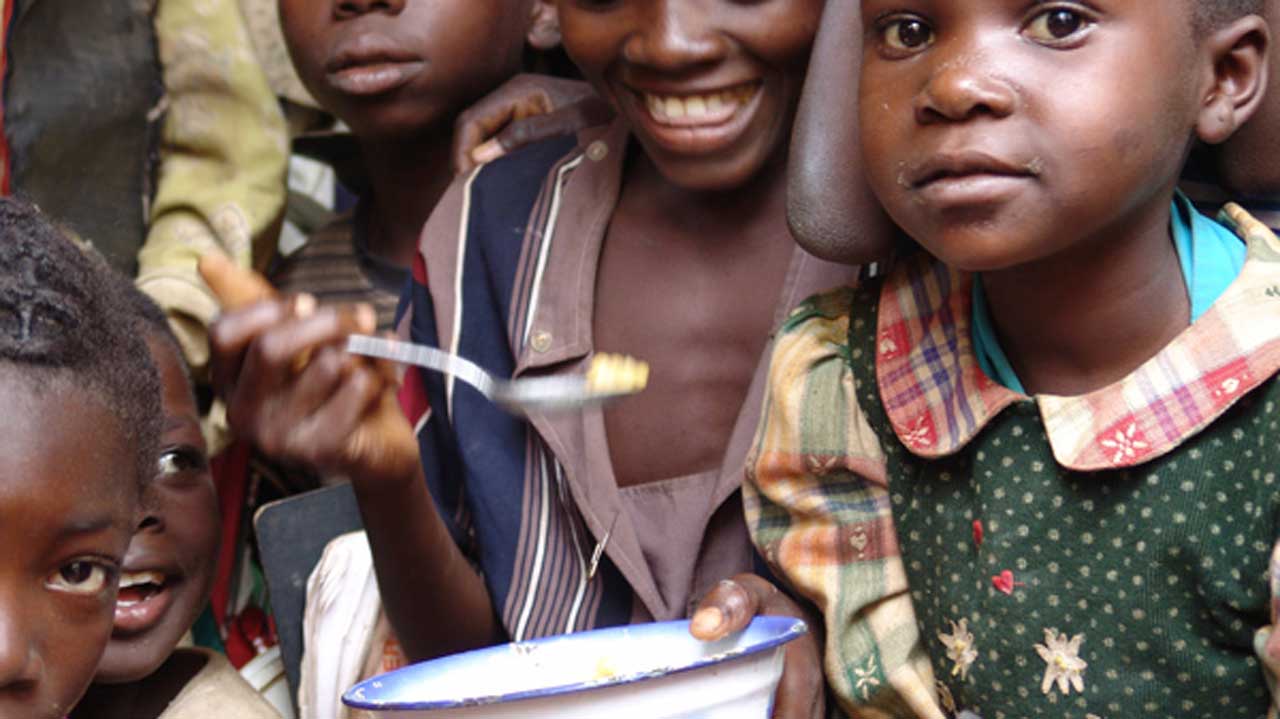
The Federal Government is investing in comprehensive nutrition services to prevent more than 11 million children under five years of age, from experiencing severe child food poverty.
Under the nutrition programme, the government is working with the Nigeria Country Working Group on Bouillon Fortification, which includes public and private partners, the National Agency for Food and Drug Administration and Control, Standard Organisation of Nigeria, Federal Competition and Consumer Protection Commission, Dangote, Promasidor, and Sweet Nutrition.
According to the 2018 Nigeria Demographic Health Survey, Nigeria has the second-highest burden of stunted children in the world, with 37 per cent—or six million children—being stunted yearly, and seven per cent of children diagnosed with wasting each year.
Moreover, the prevalence of folate deficiency remains alarmingly high, contributing to serious health outcomes such as stillbirths due to neural tube defects and anemia.
Director of Nutrition, Nigerian Ministry of Health and Social Welfare, Ladidi Bako-Aiyegbusi, explained that the group is exploring the feasibility of fortifying the bouillon cubes to include the nutrients that individuals, especially vulnerable children and women, need most— such as iron, folic acid, zinc, and vitamin B12.
Given the high prevalence of folate deficiency in Nigeria, Bako-Aiyegbusi suggested fortifying staple foods like rice, wheat and bouillon cubes represents a critical opportunity to address this public health challenge.
She said: “Leaning heavily on what has made iodised salt programmes successful, we believe that these bouillon cubes can help to reduce devastating ailments caused by micronutrient deficiencies and needs to be aligned with our ministry’s efforts to reduce salt and sodium intake. Fortifying bouillon cubes would support ongoing strategies to combat micronutrient deficiencies.”
Bako-Aiyegbusi stated that though government values a more nutritious diet filled with fresh fruits and vegetables, and rich-in-protein animal products, fortified bouillon can contribute to meeting the micronutrient needs of families.”
She said: “The project impact is improvement of the nutritional status of all Nigerians, with particular emphasis on the vulnerable groups— namely children, women, and the elderly.”
Bako-Aiyegbusi disclosed that West African leaders are spearheading a large-scale effort towards the first guided voluntary fortification of condiment, bouillon cubes, and staple of local cuisine in Nigeria.
“Available evidence shows that although we have made some progress over the past few decades, malnutrition is still an underlying cause of nearly half of the deaths of children under five years old. The children need access to the essential nutrients to grow, thrive, and lead healthy lives,” she added.






